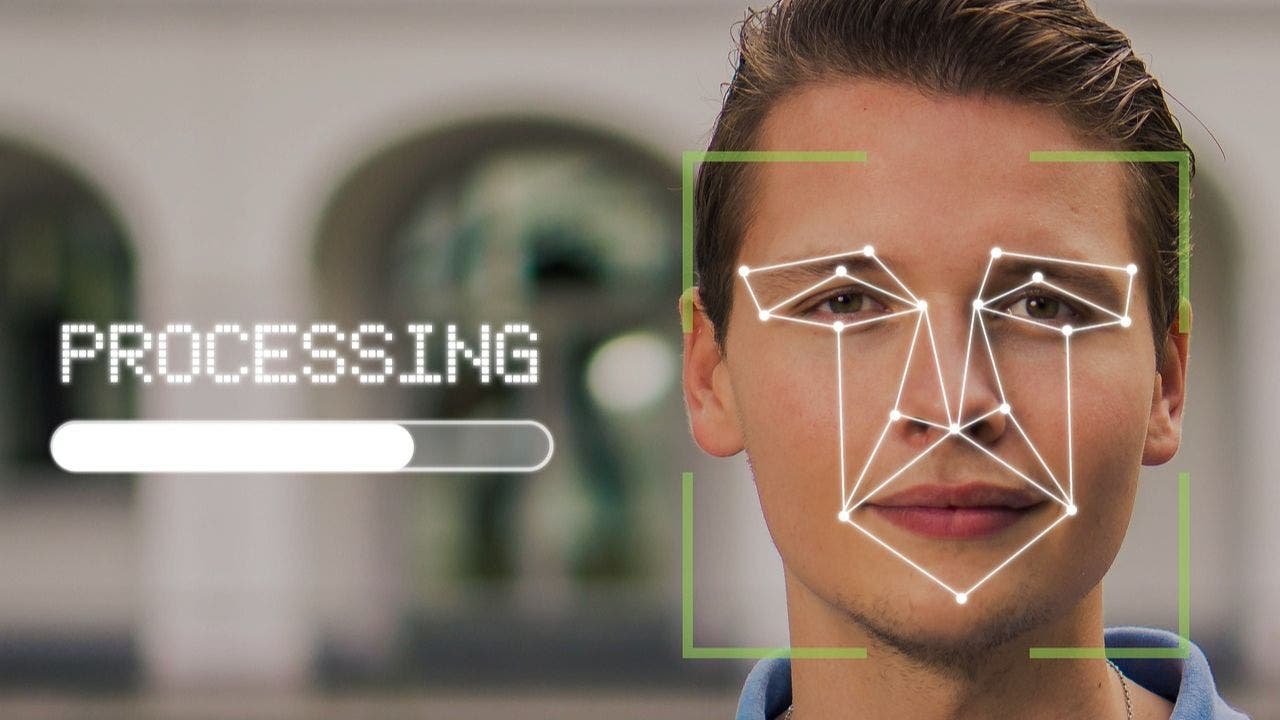Have you ever wondered if the stores where you shop are secretly monitoring your every move? Not just with security cameras, but with something more advanced and, dare we say, creepy? Something that can recognize your face, dig up personal information about you, and use your data for its own benefit? Well, brace yourself, because it’s happening. Some of the biggest retailers in the country are using sneaky facial recognition technology in their stores to invade your privacy.
So, what exactly is facial recognition technology? It’s a sophisticated form of biometric identification that uses cameras and software to analyze and match your facial features. You might already be familiar with this technology if you use it to unlock your phone or verify your identity. But what you might not know is that some stores are utilizing facial recognition technology to monitor your behavior without your consent or knowledge.
You’re probably wondering which retailers are guilty of this invasion of privacy. According to a recent report by Fight for the Future, a nonprofit group that fights for digital rights, some major retailers in the U.S., including Macy’s, are currently using facial recognition technology in their stores. We tried reaching out to Macy’s for comment, but they did not respond before our deadline. The report also warns that many other retailers may be planning to implement or have already experimented with facial recognition technology.
Now, you’re probably thinking, why on earth are these stores resorting to facial recognition technology? Well, it all boils down to one thing: money. Some stores use this technology to prevent shoplifting and fraud by scanning customers’ faces and comparing them to databases of known criminals or suspects. Others use it to collect data for marketing purposes by scanning customers’ faces and analyzing their demographics, preferences, and behaviors. And some stores use it to enhance customer experience by offering personalized recommendations, discounts, or greetings based on facial recognition.
But here’s the problem – it’s a massive invasion of privacy. When you walk into a store, you don’t expect to be scanned by a hidden camera that can identify you, track you, and collect your data. You don’t get a say in whether you want to be scanned or not. And you certainly don’t know how your data is being used, stored, shared, or even sold. It’s a major concern for many Americans who believe their privacy should be respected.
In fact, the use of facial recognition technology has sparked controversies and led to some cities and states in the U.S. taking action to ban or limit its usage. For example, New York has imposed a permanent moratorium on the use of facial recognition technology in state schools. Additionally, lawmakers have reintroduced a bill that would ban federal agencies from using this technology and other biometric surveillance technologies. These actions align with the calls from human rights advocates to stop using facial recognition technology in public spaces and at borders due to its incompatibility with international human rights law.
So, what can we do about this? It’s clear that the use of facial recognition technology in stores poses a threat to our privacy. We shouldn’t have to sacrifice our personal data for convenience or security. We deserve the right to know and control how our faces are being scanned, used, and shared by retailers. We should demand more transparency and accountability from companies that utilize this technology and from governments that regulate it.
Now, I’d like to hear your thoughts on this issue. How do you think stores should notify customers if they’re using facial recognition technology? Should they be allowed to use it without our consent? And most importantly, how concerned are you about this invasion of privacy? Let us know by reaching out to us at Cyberguy.com/Contact.
For more tech tips and security alerts, don’t forget to subscribe to my free CyberGuy Report Newsletter at Cyberguy.com/Newsletter.
Denial of responsibility! Vigour Times is an automatic aggregator of Global media. In each content, the hyperlink to the primary source is specified. All trademarks belong to their rightful owners, and all materials to their authors. For any complaint, please reach us at – [email protected]. We will take necessary action within 24 hours.


